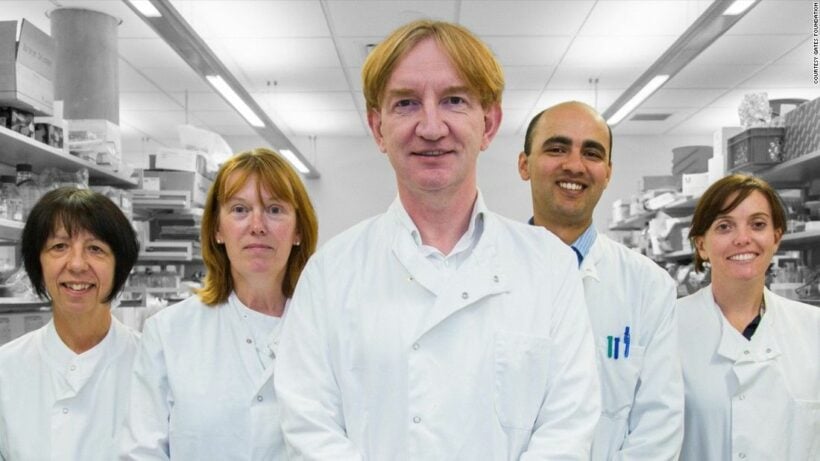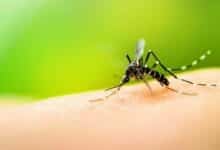Oxford says Covid-19 vaccine could be ready by September

There’s a worldwide race to develop a vaccine against the Covid-19 coronavirus, and Oxford University in the UK already claim to have a massive head start.
Research teams generally have to start with small clinical trials of a few hundred volunteers to demonstrate safety. But scientists at the Oxford’s Jenner Institute have a jump start on a vaccine, having proved in previous trials that certain inoculations, including one last year against an earlier coronavirus, are harmless to humans.
This has allowed them to leap ahead and schedule tests of their new coronavirus vaccine on more than 6,000 people by the end of May, hoping to show not only that it’s safe, but also that it works.
The Oxford team now say that with an emergency approval from regulators, the first few million doses of their vaccine could be available by September, at least several months ahead of any of the other announced efforts… if it proves to be effective.
Now, they’ve got promising news suggesting it might. Scientists at the US National Institutes of Health last month inoculated six rhesus monkeys with single doses of the Oxford vaccine. The animals were then exposed to heavy quantities of the virus that is causing the pandemic: exposure that has consistently sickened other monkeys in the lab. But more than 28 days later, all six remained healthy.
“The rhesus macaque is pretty much the closest thing we have to humans,” a spokeman said, noting that scientists are still analysing the results. He said he expects to share it with other scientists next week and then submit it to a peer-reviewed journal.
But immunity in monkeys is no guarantee that a vaccine will provide the same degree of protection for humans. A Chinese company that recently started a clinical trial with 144 participants, SinoVac, has also said that its vaccine is effective in rhesus macaques. But with dozens of efforts now underway to find a vaccine, the monkey results are the latest indication that Oxford’s accelerated venture is emerging as the leader.
Emilio Emini, a director of the vaccine program at the Bill and Melinda Gates Foundation, which is providing financial support to many competing efforts, says the Oxford program is “a very, very fast clinical program.”
Which potential vaccine will emerge as the most successful is impossible to know until clinical trial data becomes available.
More than one vaccine would be needed in any case. Some may work more effectively than others in groups like children or older people, or at different costs and dosages. Having more than one variety of vaccine in production will also help avoid bottlenecks in manufacturing, according to Emini.
But as the first to reach such scale, the Oxford trial, even if it fails, will provide lessons about the nature of this coronavirus and about the immune system’s responses that can inform governments, donors, drug companies and others hunting for a vaccine.
“This big UK study is actually going to translate to learning a lot about some of the others as well.”
All of the others will face the same challenges, including obtaining millions of dollars in funding, persuading regulators to approve human tests, demonstrating a vaccine’s safety and after all of that, proving its effectiveness in protecting people from the coronavirus.
Paradoxically, the growing success of efforts to contain the spread of Covid-19, the disease caused by the virus, may present yet another hurdle.
Professor Adrian Hill, the Jenner Institute’s director and one of five researchers involved in the effort, says that they are the only people in the country who want the number of new infections to stay up for another few weeks, so we can test our vaccine.”
Ethics rules, in general, forbid infecting human test participants with a serious disease. That means the only way to prove that a vaccine works is to inoculate people in a place where the virus is spreading naturally around them.
If social distancing measures or other factors continue to slow the rate of new infections in Britain, he said, the trial might not be able to show that the vaccine makes a difference: Participants who received a placebo might not be infected any more frequently than those who have been given the vaccine. The scientists would have to try again elsewhere, a dilemma that every other vaccine effort will face as well.
SOURCE: New York Times
Latest Thailand News
Follow The Thaiger on Google News:


























